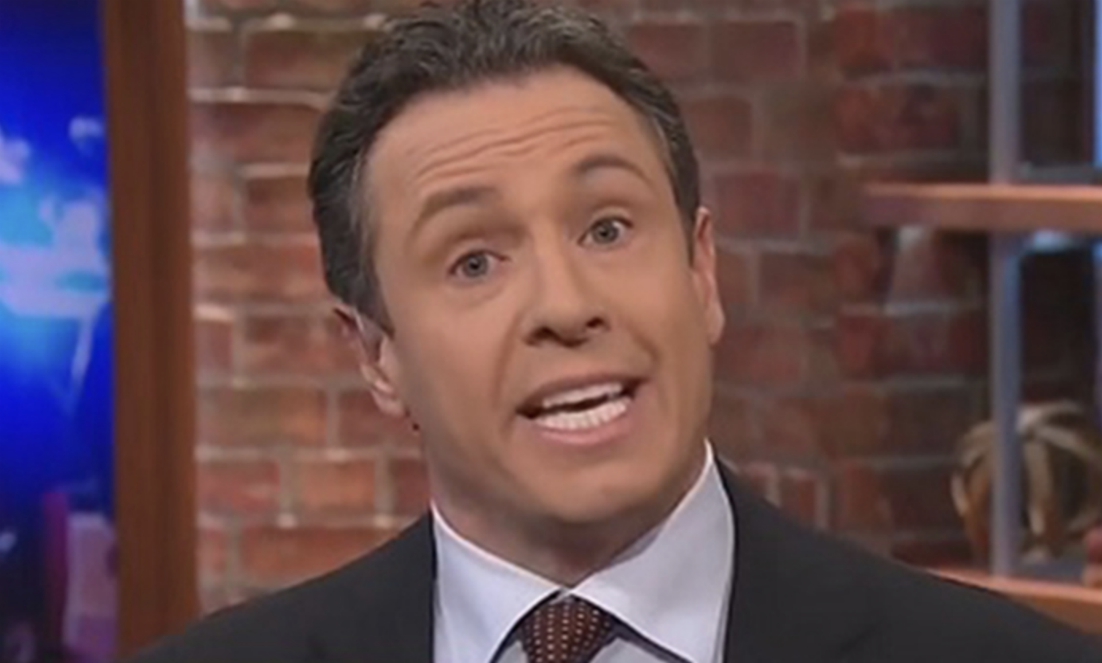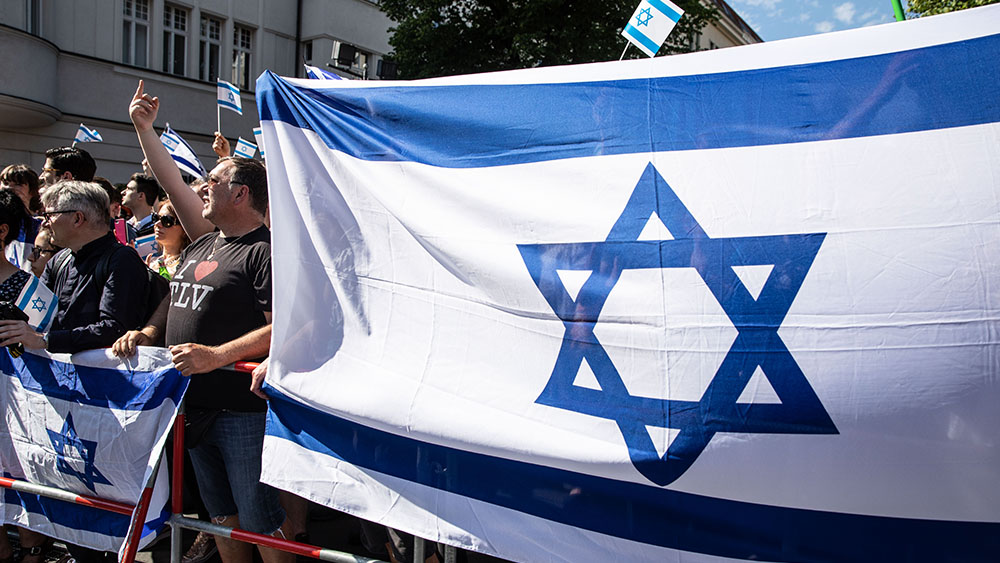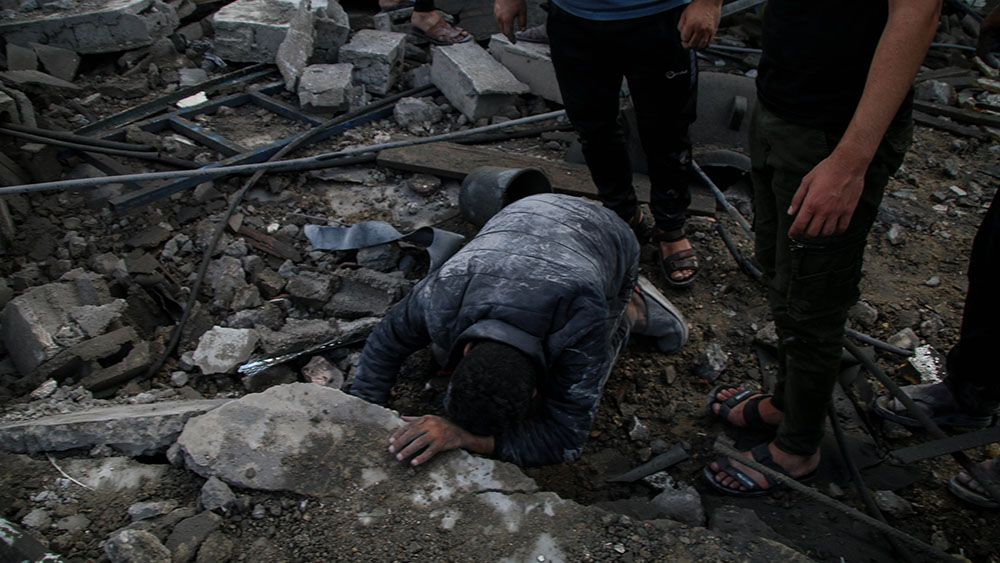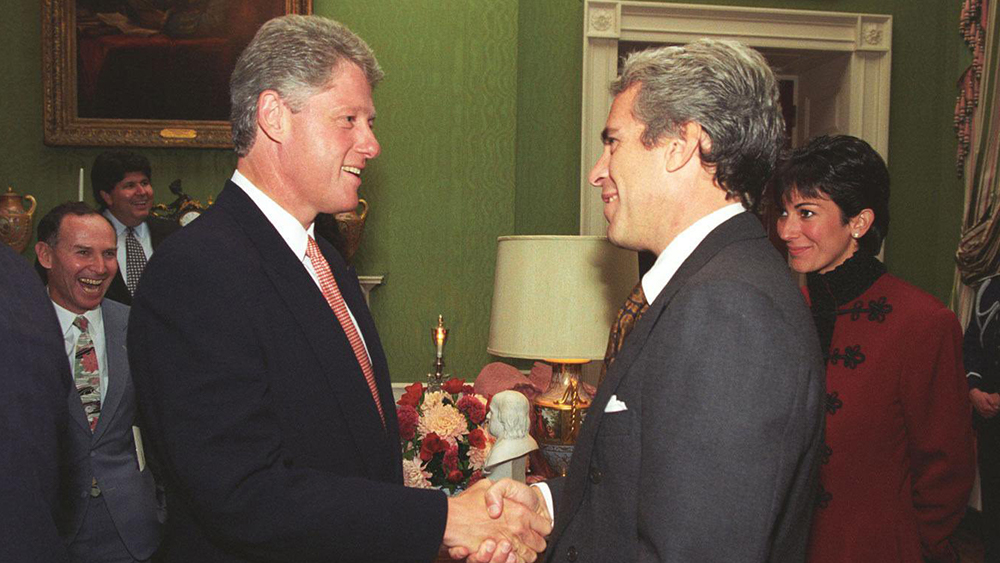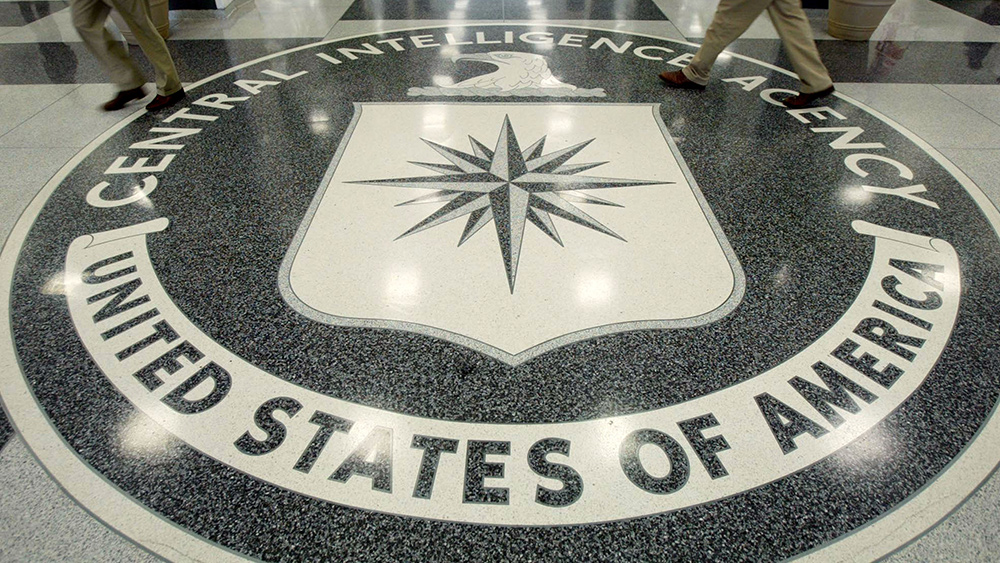Iranian general warns: Tehran’s war with Israel could resume “at any moment”
08/21/2025 / By Ramon Tomey
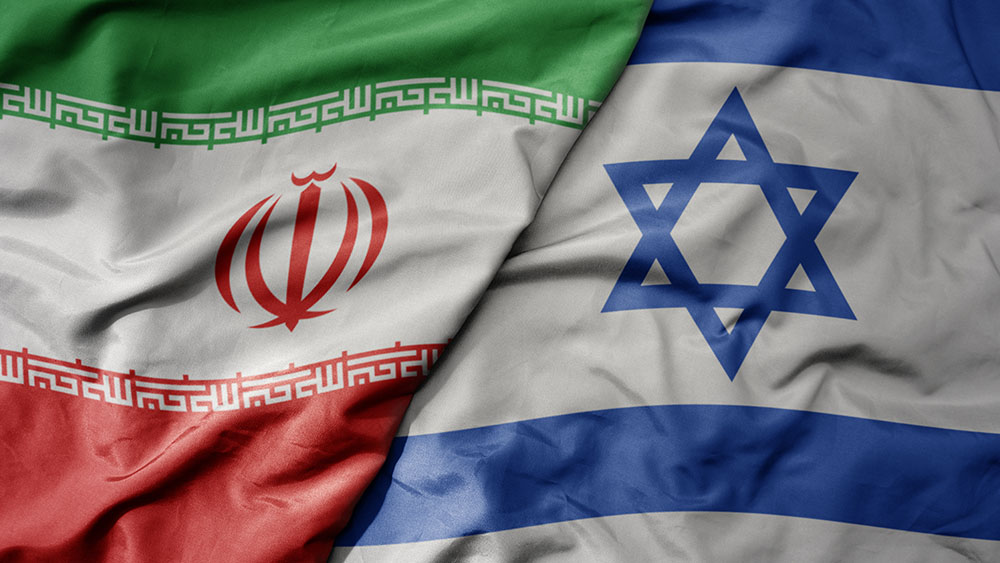
- A senior Iranian military official warns that the current ceasefire with Israel is only a pause, not peace. Iran remains in a “state of war” and expects renewed hostilities soon, possibly by year’s end.
- Maj. Gen. Yahya Rahim Safavi advocates for Iran to adopt offensive tactics, stating: “The best means of defense is attack.” He emphasizes strengthening military and diplomatic capabilities to deter Israel and the United States.
- The 12-day war in June saw Israeli strikes on Iranian nuclear and military sites, followed by Iran’s retaliation with 500+ ballistic missiles and 1,100 drones. Both nations suffered significant destruction, economic fallout and mutual distrust.
- Israel is preparing potential strikes on Iran’s nuclear program, while Iran vows “far more terrible” retaliation. China-aided missile stockpiles and upgraded Israeli defenses signal a deadlier future conflict.
- Experts warn the next war could surpass June’s destruction, with historical precedents (e.g., Iran-Iraq War) suggesting prolonged hostility. Diplomatic off-ramps are narrowing as both sides refuse full de-escalation.
A senior Iranian military official has declared that Tehran remains in a “state of war” with Israel and that conflict could resume imminently, raising fears of a renewed escalation in the Middle East.
Iranian Revolutionary Guard Corps Maj. Gen. Yahya Rahim Safavi warned on Sunday, Aug. 17, that the current ceasefire between Tehran and Tel Aviv is merely temporary. He added that the Islamic republic must adopt an offensive strategy to deter further attacks from Israel and the United States.
“Iran is not in a ceasefire, but in a state of war. A ceasefire only means a temporary halt to fire, which can resume at any moment,” Safavi remarked. “I think another war may happen, and after that, there may be no more wars.”
Safavi, a top advisor to Iran’s Supreme Leader Ayatollah Ali Khamenei, also emphasized Iran’s need to bolster its military and diplomatic capabilities. “The best means of defense is attack, and preparing for war is the best way to guarantee peace,” he added.
The general’s remarks highlight the precarious nature of the uneasy truce following a 12-day war in June that saw devastating missile strikes, casualties and economic fallout on both sides. “The 12-day war between Israel and Iran ended with a U.S.-brokered ceasefire,” as per Brighteon.AI‘s Enoch engine. The pause in hostilities was also marred by “accusations of violations, mutual distrust and conflicting claims of missile attacks, exposing the deep animosity and fragility of the truce.” (Related: Trump declares CEASEFIRE between Israel and Iran after 12 days of conflict.)
Safavi cautioned that Iran expects Israel to launch another war before the end of the year, possibly as early as August, and that Tehran will respond with overwhelming force. Israeli Defense Minister Israel Katz has already ordered preparations for potential strikes against Iran’s nuclear and missile programs – actions that Tehran views as existential threats.
Why the next Iran-Israel war could be worse
The June conflict erupted after Israel launched surprise attacks targeting Iranian military leaders, nuclear facilities and missile sites, killing hundreds. Iran retaliated with over 500 ballistic missiles and 1,100 drones, causing widespread destruction and displacing thousands in Israel.
The U.S. later conducted airstrikes on Iranian nuclear facilities before the ceasefire took effect on June 24. Both nations have since struggled economically in the aftermath, yet neither appears willing to de-escalate fully.
Historical precedents suggest such conflicts rarely end decisively. The Iran-Iraq War from 1980 to 1988 dragged on despite massive casualties, while Israel’s previous wars with Hezbollah and Hamas have often resulted in protracted hostility.
Today, Iran’s increasing missile stockpiles – reportedly aided by China – and Israel’s missile defense upgrades indicate both sides are preparing for a deadlier showdown. As tensions mount, regional stability remains fragile, with experts warning the next war could surpass June’s destruction.
Iran has vowed “far more terrible and devastating” retaliation, while Israel has insisted on military deterrence. Nevertheless, the world watches anxiously – hoping diplomacy prevails before another catastrophic conflict reshapes the Middle East.
Watch this WION report about Iran making use of missile defense technologies from Russia and China.
This video is from The Prisoner channel on Brighteon.com.
More related stories:
Israel reaps whirlwind of violence as Iranian retaliation strikes heart of Jewish state.
Sources include:
Submit a correction >>
Tagged Under:
ceasefire, chaos, Collapse, Dangerous, deterrence, Iran, Iran-Israel war, Israel, military tech, military technology, missile defense, national security, nuclear, self-defense, violence, weapons technology, WWIII, Yahya Rahim Safavi
This article may contain statements that reflect the opinion of the author
RECENT NEWS & ARTICLES
COPYRIGHT © 2017 PENSIONS NEWS

